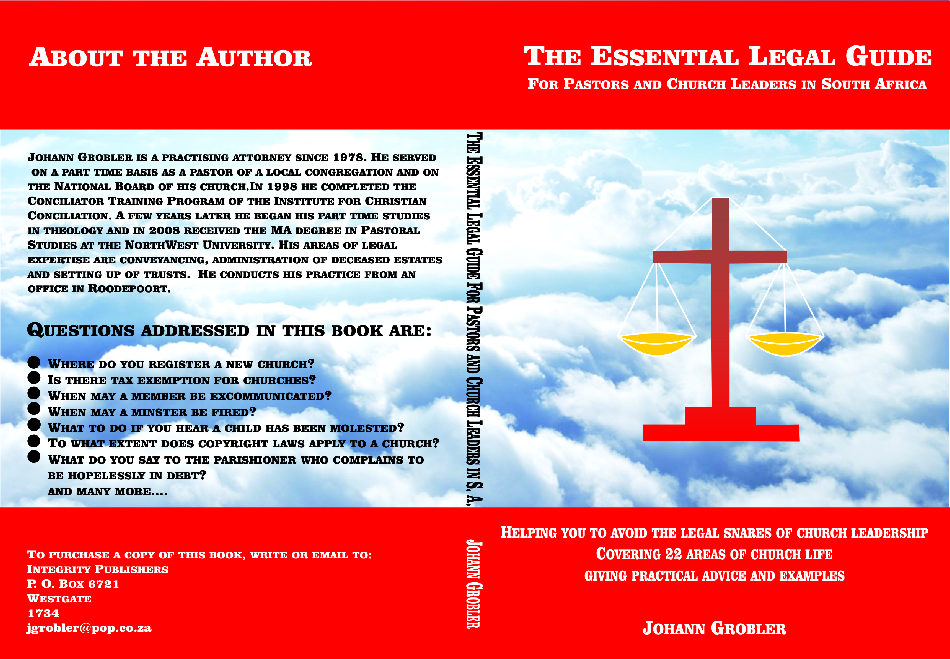USEFULNESS OF A POWER OF ATTORNEY
You are going overseas and you need someone to handle your affairs in your absence. Your mother is old and sickly and she cannot or does not want to sign documents nor go to the bank. Conveyancing documents need to be signed urgently but you cannot attend to it due to other commitments.
In all these situations, a power of attorney may be the answer. A power of attorney is an authorisation by one person (the principal) to another (the agent) to act on his behalf in performing a juristic act (like opening a bank account or signing a contract etc.). There are two types:
1. Special powers of attorney: One or more specific acts are authorised
2. General powers of attorney: This is usually very broad and the authority covers all juristic acts.
Almost all juristic acts can be done by power of attorney, with only a few exceptions, e.g. making a Will.
Although a written document is not required by common law, in practice a written power of attorney will be needed and it must be signed in the presence of two witnesses. Your attorney can draw one for you.
Signing a power of attorney whilst in a foreign country needs special authentication – e.g. the signature and seal of the South African diplomatic or consular official in that country.
Bear in mind that that a power of attorney terminates when it is revoked, or on the death, mental illness or sequestration of the principal.
You are going overseas and you need someone to handle your affairs in your absence. Your mother is old and sickly and she cannot or does not want to sign documents nor go to the bank. Conveyancing documents need to be signed urgently but you cannot attend to it due to other commitments.
In all these situations, a power of attorney may be the answer. A power of attorney is an authorisation by one person (the principal) to another (the agent) to act on his behalf in performing a juristic act (like opening a bank account or signing a contract etc.). There are two types:
1. Special powers of attorney: One or more specific acts are authorised
2. General powers of attorney: This is usually very broad and the authority covers all juristic acts.
Almost all juristic acts can be done by power of attorney, with only a few exceptions, e.g. making a Will.
Although a written document is not required by common law, in practice a written power of attorney will be needed and it must be signed in the presence of two witnesses. Your attorney can draw one for you.
Signing a power of attorney whilst in a foreign country needs special authentication – e.g. the signature and seal of the South African diplomatic or consular official in that country.
Bear in mind that that a power of attorney terminates when it is revoked, or on the death, mental illness or sequestration of the principal.
